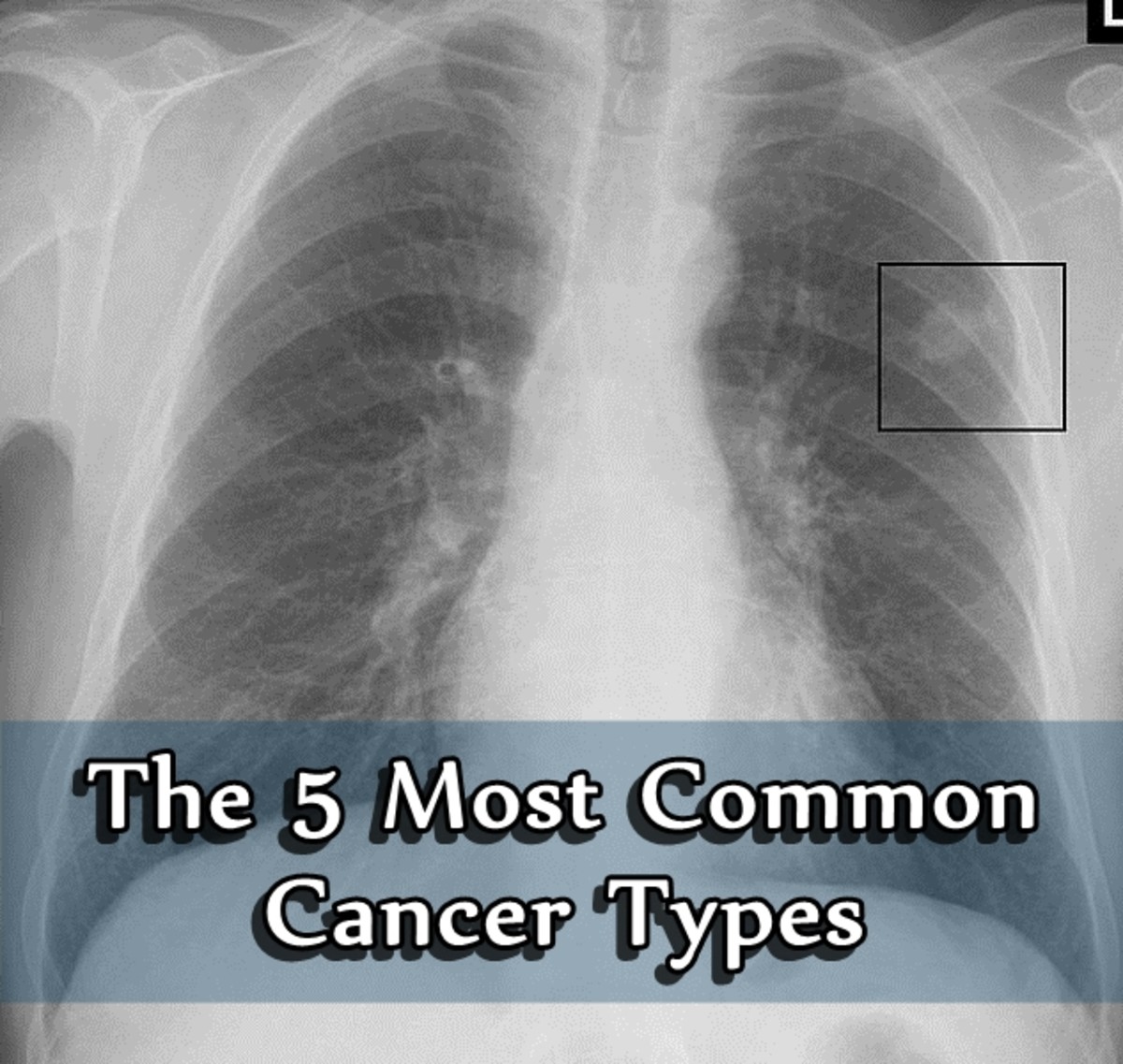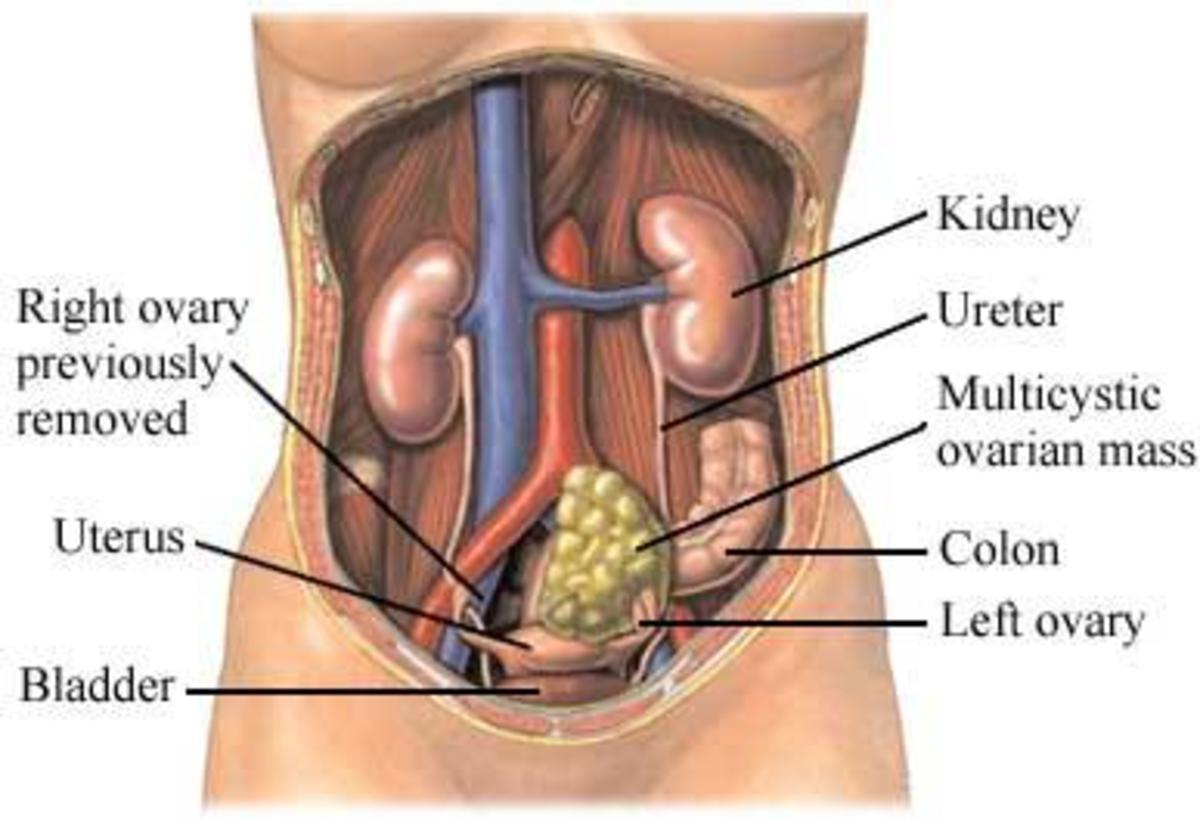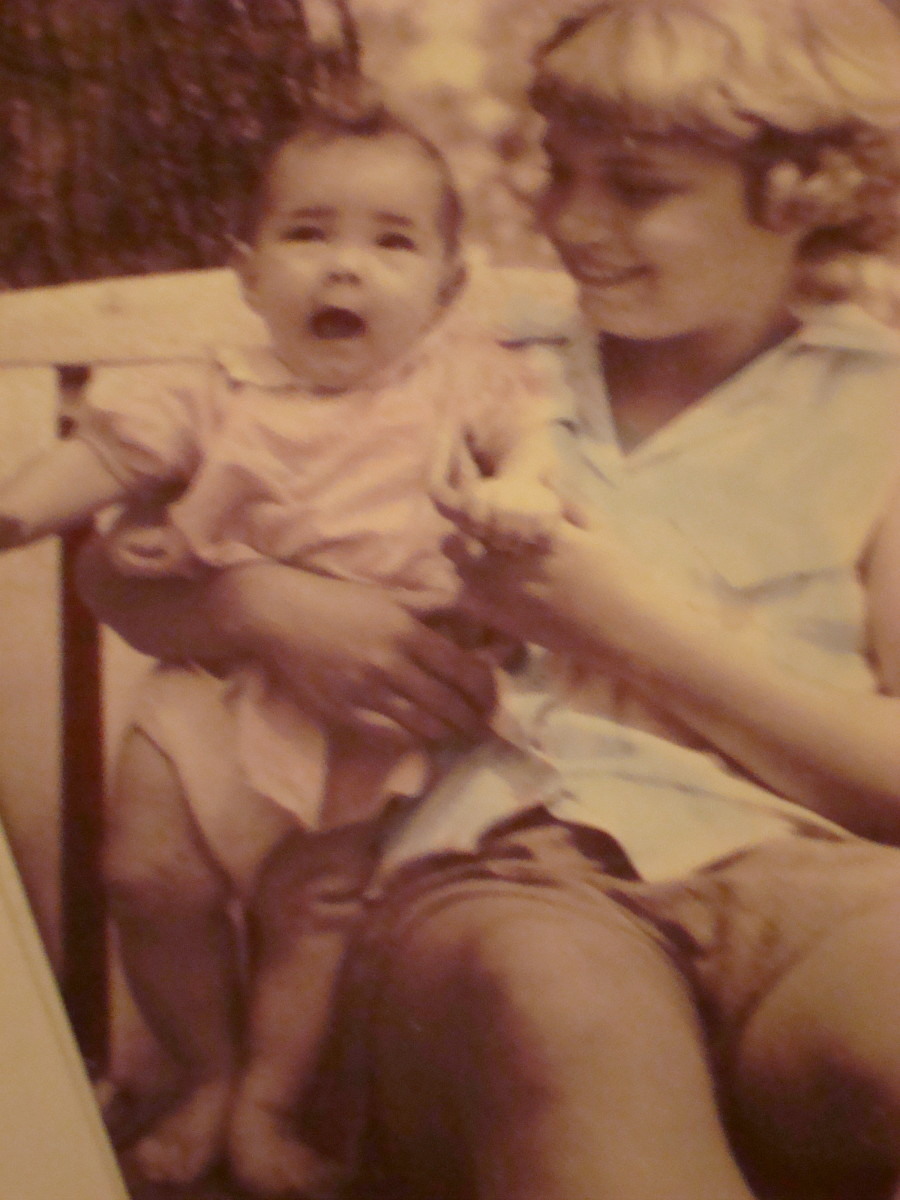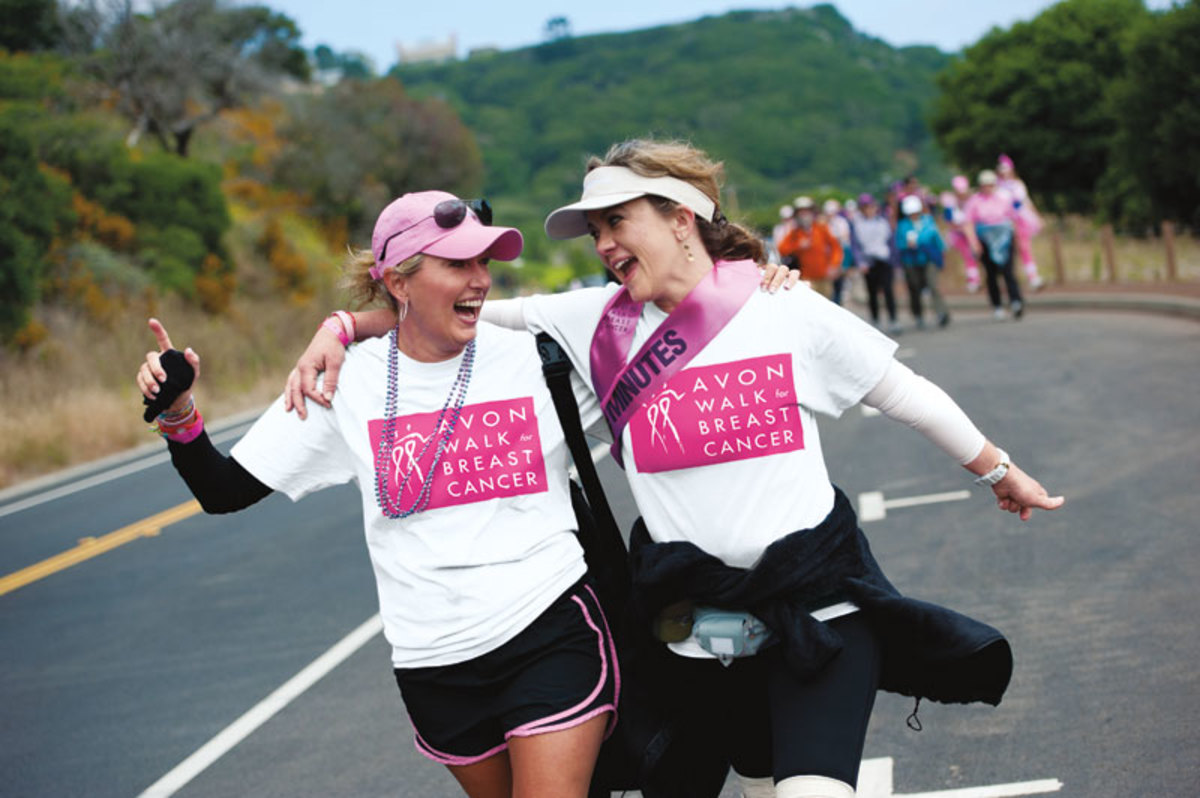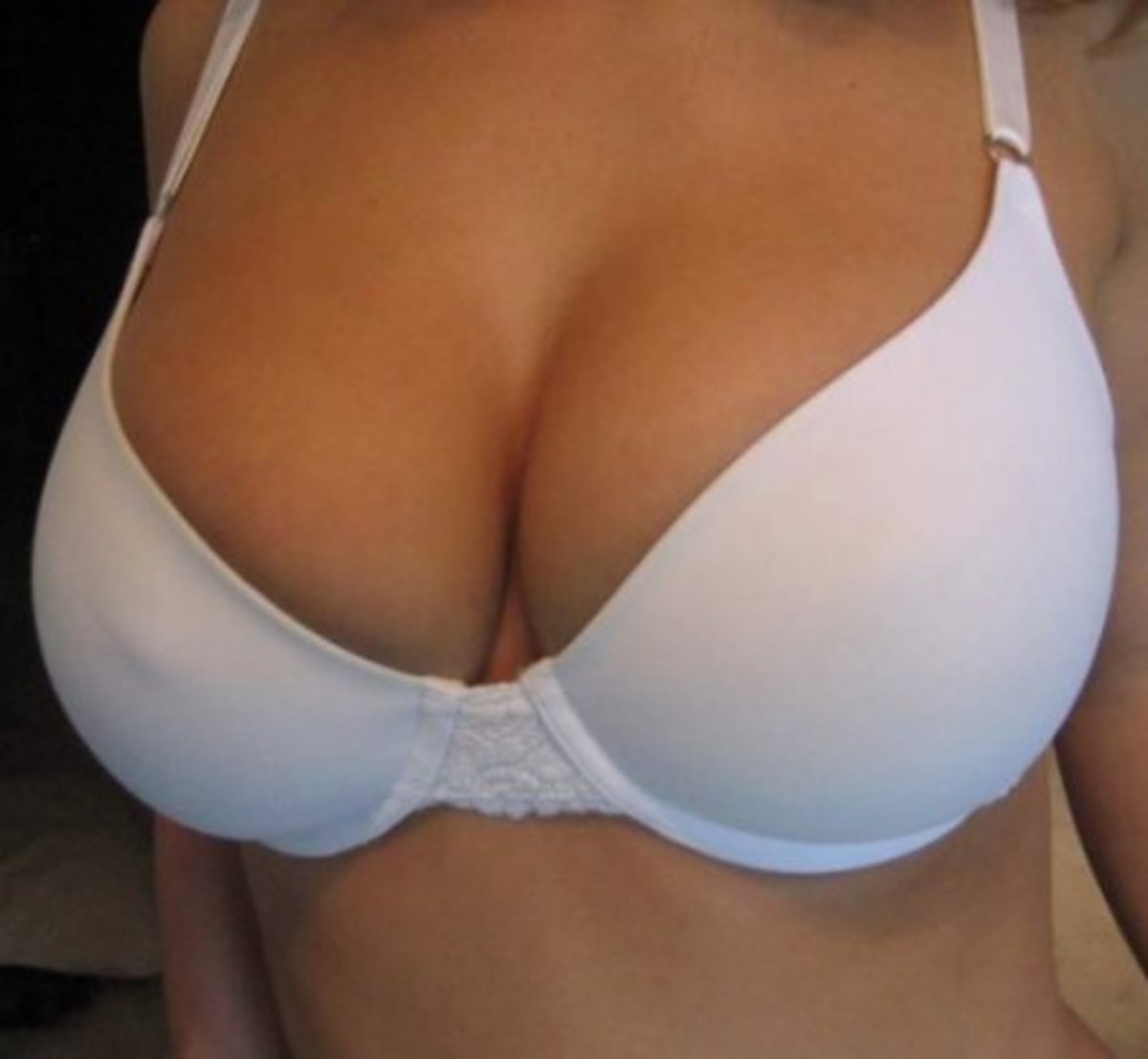Food For Women Under Breast Cancer Chemotherapy
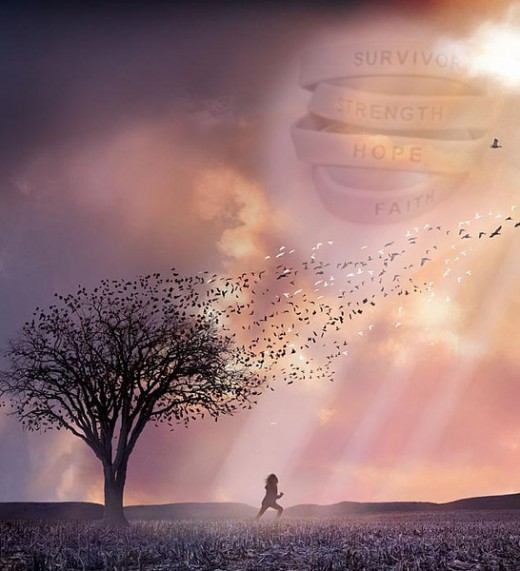
Breast cancer is the second leading cause of cancer death in women. Twenty years ago one of 20 women was diagnosed with breast cancer in the western world; today every 8th woman faces this cruel disease. New scientific research shows that breast cancer is hereditary i.e. based on genetic predispositions in only 2% of cases and in 98% of breast cancers are caused by lifestyle, especially diet or nutrition. The main culprit for cancer, allergies, rheumatoid arthritis, multiple sclerosis, autism, Crohn's disease, impotence, infertility and other systemic diseases are not genes, but the poisons from the environment (mostly taken in through food and drinks) and stress.
According to data released by Cancer Research from England, the number of women diagnosed with breast cancer increases, but so does the number of recovered patients. The British medical scientist Richard Doll claims that 90% of cancers is caused by what we eat, drink and breath in. Many are sceptic about the statement, but even the most conservative experts agree that ¾ of cancers are closely related to our life style and nutrition.
Breast cancer is most fatal in women aged 40 - 50 years of life. The disease seems to take epidemic proportions. Recovery depends on early detection of the cancer, better treatment and positive attitude of women trying to improve their nutritional or dietary status and life habits.

Why do some cells in the body change, mutate, replicate, start destroying the surrounding healthy cells and make it harder for the body to work normally?
About 2% - 5% of breast cancer cases are associated with certain genetic predispositions, yet research has proven that these predispositions are also based on certain irregularities in lifestyle and especially dietary or nutrition habits. These habits maintained for several generations in a family illness are the main cause of cancer.
What makes women prone to illness such as breast cancer?
Some possible causes include:
Ø excessive intake of animal fats and nutrition poor in vegetable proteins, which increases estrogen levels in the blood stream
Ø earlier appearance of period, which theoretically means more hormonal cycles and therefore, more estrogen production
Ø absence of pregnancy and/or first pregnancy after the 35th year of life
Ø fibrocystic breast disease
Ø long-term use of products containing artificial additives and pesticides
Ø obesity, especially after menopause (because estrogen settles down inside fat cells)
Ø family history, especially if the mother or sister suffered from breast cancer (this is not a rule)
Ø if used more than five or ten years, therapy based on synthetic hormones increases the risk up to 35%
Ø stress caused by loss of job or divorce
Ø constipation (because excess of estrogen is not expelled)
Ø xenoestrogens such as bisphenol A, hormones in our environment which imitate estrogens in the body and distort the system regulating the production of estrogen and sexual hormones. They are used for bleaching paper, producing detergents and plastic. Fruit and vegetables may be treated with ten times higher doses of chemicals containing xenoestrogens in order to keep them fresh and more attractive on supermarket shelves.
Ø studies have shown that gluten is also one of the first disorder originators that leads to breast cancer. Women who suffer from celiac disease are rarely taken ill by cancer while in women with breast cancer there were large amounts of gluten found in the tissue.
Ø sugar is our enemy! It has a negative influence on human health, especially in yeast infections, diabetes, celiac and cancer. There are several substitutes we can use in small quantitites (e.g. agava concentrate).
Ø drinks such as juices and carbonated beverages. For example, Coca Cola (light) without sugar is even more dangerous than Cola with sugar because it contains aspartame. Also, water full of heavy metals, chlorine and other poisons are equally dangerous. One study showed that women with breast cancer have 60% -70% larger quantities of water chlorination by-products in the breast tissue than women without breast cancer.
Ø smoking and excessive use of alcohol

Breast cancer almost unknown in China?
Women in some rural parts of China don't even know what breast cancer is. In those parts of the world one of 9000 women suffers from breast cancer, while in the west part of the world every eighth woman faces this problem. Why?
- Women in China on average take in more calories than women in the western world, yet they rarely suffer from obesity.
- Chinese women take in cca. 70% carbohydrates while women in the western world take in barely 40%.
- In China, nutrition contains 14% of fat, and in West 30%.
- 11% of animal proteins are part of nutrition in Western people and in China barely 1%. Proteins in Chinese food are mostly vegetable proteins, especially soya proteins. Chinese mostly eat fish, eggs and chicken, little pork and minimum beef.
- Women in China barely eat dairy products and in the Western world, 40% of calories taken in on a daily basis originate from dairy products.

So, what does that have to do with breast cancer?
- Today's modern milk will mostly likely contain antibiotics and growth hormones – these are considered negative factors for the occurrence of breast cancer and prostate cancer.
- Low-fat food increases the possibility of estrogen not being expelled from the body.
- Increased intake of vegetable fibres or carbohydrates helps the expelling of estrogen and other carcinogens.
- Increased intake of phytoestrogens helps the prevention of breast cancer.

What to do when breast cancer is diagnosed?
Tips for helping your body to recover from breast cancer and chemotherapy
Ø do not prepare your meals in the microwave and do not drink water from plastic bottles
Ø eat little or no meat
Ø eat organic eggs because they contribute the regeneration of DNA cell
Ø do not eat dairy products unless you are sure they are organic (do not exaggerate with these either). Substitute ordinary milk with soy or rice milk.
Ø do not drink alcohol
Ø drink green tea
Ø eat groceries rich with vegetable fibres (e.g. lens, chickpeas, beans, rice, buckwheat, soy beans, nuts and seeds, alfa germs etc.)
Ø eat organic fruit and vegetables such as cranberry, red berries, broccoli, tomatoes, paprika, sprouts etc.)
Ø spice your food with turmeric and ginger
Ø eat garlic, onions and seaweed
Ø stop eating all groceries containing the letter E on their declaration
Ø use natural make up and cosmetics
Ø eat organic blue fish (but do not grill the fish on charcoal stove because this can create other potential cancerogene chemicals)
Ø do not drink beverages containing artificial sweeteners
Ø use extra-virgin olive oil
Ø do not eat hydrogenated margarines, use butter instead (sometimes)
Ø filtrate water and keep it in glass bottles
Ø stop smoking

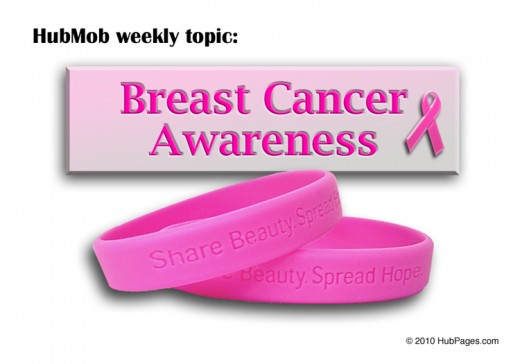
Chemotherapy
During chemotherapy the "busiest" part of the body is the liver – the organism "cleaner". It is highly recommendable to eat liquid food such as vegetable soups and juices made of fruit and vegetables. Healthy nutrition in the first days after chemotherapy is crucial because the liver expels toxins out of the body. The body needs enzymes to remove toxins and they are produced from proteins. Therefore, eat organic cheese and eggs, almonds (put them into water first), bioactive yoghurt, soybean sprouts, even a little butter. Drink at least 1.5 L of water daily.

